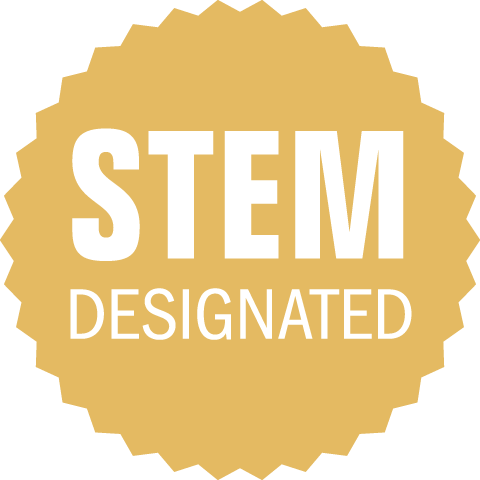

It’s an incredibly dynamic field, with almost unlimited promise for the treatment of health conditions, and there’s no better place to enter it than in the hands-on, student-centered, and career-focused learning environment of our master’s program in biomedical engineering.
Our faculty are leaders and innovators in their fields, bringing both deep professional experience and academic rigor to the classroom.
Get an inside look at what differentiates the University of New Haven and how your experiences as a student will prepare you for success.




All University of New Haven students have access to the many resources available through the University’s Career Development Center, which has been named one of the best in the nation by The Princeton Review.
From career assessments, networking, and job shadowing to on-campus interviews and salary negotiation, the Career Development Center provides the skills and connections to identify a meaningful career and an opportunity to pursue your passion.
Learn MoreBioengineering and Biomedical Engineers
5.2% 2024-2034
Medical Scientists
8.7% Growth 2024-2034
Biological Scientists
1.2% 2024-2034
A non-calculus-based course which includes basic concepts of probability and statistics. These concepts are applied to problems in human biology, industrial/occupational health, and epidemiology. Introduction to and use of the computer package SPSSx for data analysis.
This course reviews the basic principle of polymer science, common synthetic and natural polymers, and the specific applications of polymers in biomedical areas such as biomedical implants, drug delivery, tissue engineering, and medical diagnostics. The content includes special properties of polymers, basic principles of polymer synthesis and characterization, commonly used synthetic and natural biomedical polymers, specific applications of biomedical polymers, and the principle of green chemistry and engineering in polymer materials design. This course is designed for students who are interested in polymer science and its applications in biomedical engineering.
Principles of modern statistical experimentation and practice in use of basic designs for scientific and industrial experiments; single factor experiments, randomized blocks, Latin squares; factorial and fractional factorial experiments, surface fitting designs.
Topics include the study of ordinary and partial differential equations and their applications to mechanical engineering. Laplace transforms. Fourier analysis. Vector calculus. Complex variables. Use of contemporary software to complement and facilitate the analysis.
The University of New Haven offers a wide variety of in-depth courses that create a transformational educational experience for our students. To view the complete list of courses you'll take while pursuing a Masters of Science in Biomedical Engineering, check out the Academic Catalog:

University News
Ron Harichandran, Ph.D., the University’s Vice Provost for Research, said the new classification will bring increased visibility to the University as a research institution, enhance the ability to recruit Ph.D. and graduate students, and aid faculty in seeking grant funding, building upon the vigorous research taking place at the graduate and undergraduate level across the University.
An advanced degree from the University of New Haven will help you take your career to the next level. Each program offers convenient scheduling, personalized attention, and state-of-the-art facilities.
View Application Requirements
The University of New Haven Graduate School is an excellent value with reasonable tuition. Of course, you will still have bills to pay and the Financial Aid office can help.
Learn More